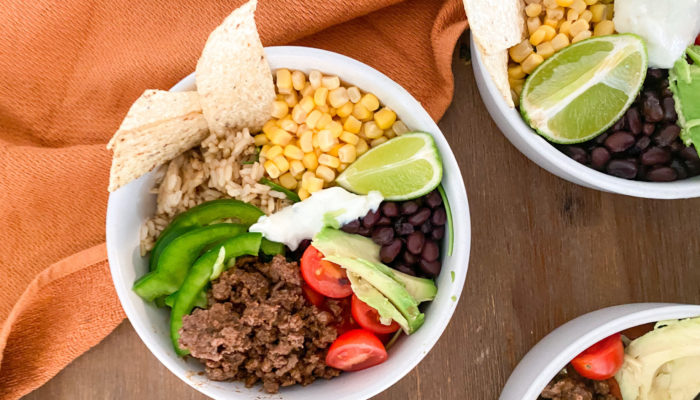Advice and Support
We talk about IBS, FODMAPs and answer some of your frequently asked questions.
What is IBS?
Irritable bowel syndrome or IBS is a functional bowel disorder characterised by changes in bowel motions (constipation, diarrhoea or both), bloating and lower abdominal pain. It is incredibly common and estimated that 1 in 7 people suffer from IBS.
IBS can be debilitating and we know first hand the impacts it can have on all aspects of your life. This includes work, sexual relationships, social life, stress, sleep, fear of eating and leaving the house… the list goes on!
The good news is, we can do something about it!

What are FODMAPs?
FODMAPs is an acronym that stands for:
F ermentable
O ligosaccarides
D isaccarides
M onosaccarides
A nd
P olyols
FODMAPs are short-chain carbohydrates that are either partially absorbed or not absorbed at all by humans.
Fermentable: FODMAPs are not absorbed in the small intestine, so they end up in the large intestine where our good gut bacteria reside. Our bacteria use these sugars for food and fermentation occurs as a result. This contributes to the symptoms you experience such as bloating, abdominal pain, gas and changes in bowel motions.
Oligosaccharides: includes fructans and galactans found in foods such as garlic, onion, wheat, rye and legumes.
Disaccharides: lactose found in dairy products such as milk yoghurt, custard and cream
Monosaccharides: fructose found in foods such as fruit juice, honey, mango and asparagus
And
Polyols: includes mannitol and sorbitol found in foods such as mushrooms, cauliflower, kumara, stone fruits and artificial sweeteners.

The Low FODMAP diet is a three phase elimination diet developed by Monash University to manage IBS symptoms and identify which foods are responsible for causing IBS symptoms.
Please note, the low FODMAP diet is highly restrictive and complex and is not recommended that you undertake this on your own. If you wish to learn more about IBS and the low FODMAP diet, please seek dietitian support.
FAQs
Yes, Bianca provides private dietitian consults to support clients manage their IBS and navigate the low FODMAP diet. To enquire about seeing Bianca, you can email her at [email protected] or complete our contact form and we will get back to you within 48 hours.
Typical symptoms of IBS include constipation and/or diarrhoea, lower abdominal pain and bloating. If you suffer from these symptoms it is important that you seek medical advice from your GP who will complete a series of investigations to rule out any other causes. It is important that you do not change your diet before ruling out these causes as it could alter your blood test results. Your GP or gastroenterologist will make an IBS diagnosis according to your symptoms and the elimination of other causes.
The elimination phase of the low FODMAP diet should not be followed for greater than 8 weeks. The low fodmap diet is low in pre and probiotics, which can have long term implications on gut health. The diet has three phases: elimination, re-challenges and personalisation. It is important that you work through all three phases with a gut-health dietitian.
Yes, dairy products do contain lactose, however some contain more lactose than others. For example 1 glass of milk contains 7g of lactose, whereas 2 slices of firm cheese contains <1g of lactose. Those with lactose intolerance should safely be able to tolerate about 7g of lactose per day if spread across the day. Our recipes are all low fodmap and safe for those with lactose intolerance to consume.
Yes! Our products are 100% gluten free and safe for those with Coeliac Disease.
